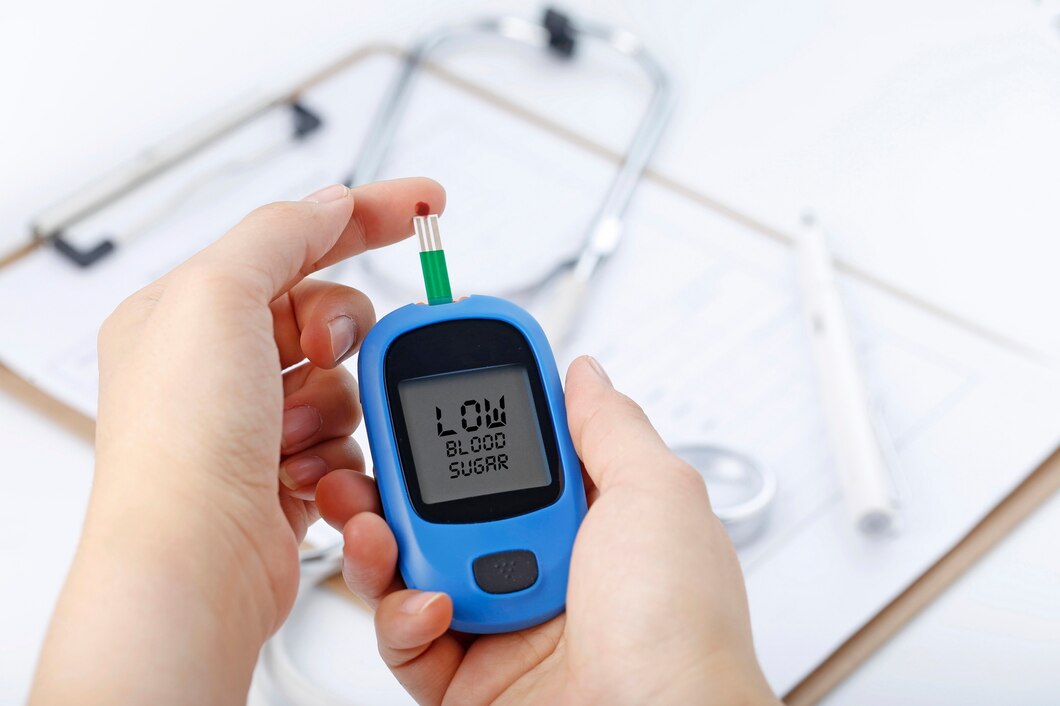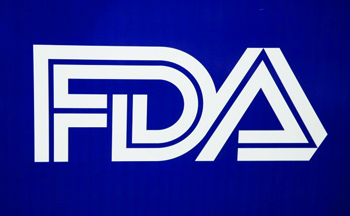
Stevia, a tooth friendly sweetener for dental health
Stevia, a natural sweetener derived from the leaves of the Stevia rebaudiana plant, has gained popularity not only as a sugar substitute for health-conscious individuals but also for its potential benefits in dental health. Unlike sugar, which is known to contribute to tooth decay and cavities, stevia offers a sweet alternative without the same harmful effects on teeth.
Research suggests that stevia may actually help maintain dental health by reducing the formation of plaque and inhibiting the growth of bacteria that can lead to cavities. Its non-fermentable nature means that it is unlikely to be converted into acids by oral bacteria, which are known culprits in tooth decay.
How does stevia support dental health?
Understanding Stevia
Stevia is known for its intense sweetness, often many times sweeter than sugar. Despite this potency, it has zero calories and does not raise blood sugar levels, making it an attractive option for individuals with diabetes or those watching their weight. Additionally, stevia is considered safe for teeth due to its non-cariogenic properties.
Stevia for Dental Health
Unlike sugar, which promotes the growth of harmful bacteria in the mouth and leads to tooth decay, stevia does not contribute to cavities. In fact, research has shown that stevia may even have some beneficial effects on dental health. Studies have suggested that compounds found in stevia leaves can help inhibit the growth of bacteria that cause cavities and gum disease.
Natural Alternative to Sugar
Furthermore, using stevia as a sugar substitute can also be beneficial for overall oral health. Since stevia is low in calories and does not raise blood sugar levels, it can help reduce the risk of developing conditions like diabetes and obesity, which are known risk factors for gum disease and other oral health issues.
Stevia into diet
Incorporating stevia into your diet is easy, as it is available in various forms such as liquid drops, powder, and granules. You can use stevia to sweeten beverages like tea and coffee, as well as in baking and cooking recipes that call for sugar. By making this simple switch to a natural alternative like stevia, you can enjoy your favorite sweet treats without compromising your dental health.
Reduce the risk of dental problems with Stevia
By incorporating stevia into your diet as a replacement for sugar, you can potentially reduce the risk of dental problems associated with excessive sugar consumption. However, it’s important to note that while stevia may be beneficial for dental health, overall oral hygiene practices such as regular brushing and flossing should not be overlooked.
Stevia serves as a promising natural alternative to sugar that not only helps in managing calorie intake but also supports better dental health outcomes. By making informed choices about sweeteners like stevia, individuals can take proactive steps towards improving their overall well-being.
More Blogs
Stevia Powder vs. Liquid
Stevia Powder Benefits
Stevia Powder Uses
















